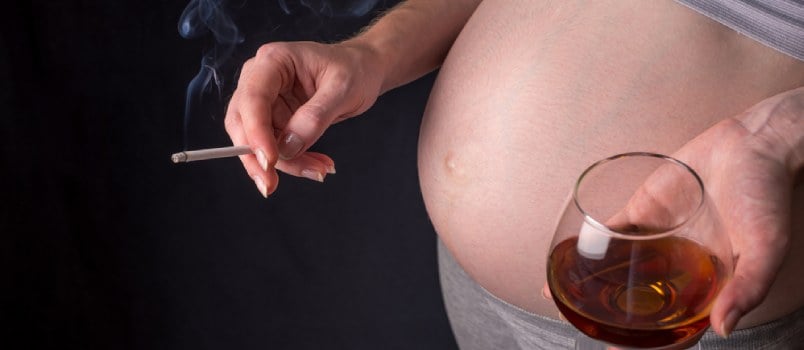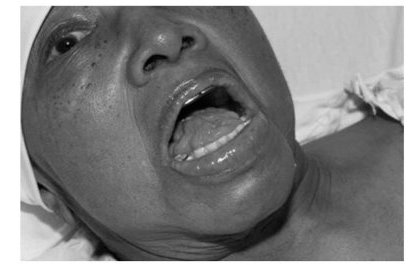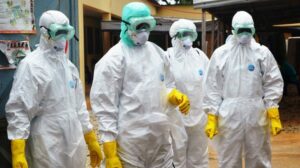
The choices parents make, especially during pregnancy, have a profound effect on the health and development of their children. Drinking alcohol and smoking are two lifestyle habits with significant repercussions for both the unborn and born child. These behaviors not only affect the early stages of development but can also shape the child’s health and well-being throughout their entire life.
The Effects of Alcohol on Unborn Children
When a pregnant mother consumes alcohol, it crosses the placenta and enters the fetus’s bloodstream. Unlike adults, a fetus cannot process alcohol effectively due to its underdeveloped organs. This exposure can lead to a range of complications, collectively referred to as Fetal Alcohol Spectrum Disorders (FASDs). These disorders often manifest as physical abnormalities, including distinctive facial features, stunted growth, and neurological problems.
Beyond physical issues, children with FASDs may face lifelong challenges such as learning difficulties, memory problems, and impaired social interactions. These cognitive and behavioral issues can hinder their ability to excel academically or maintain healthy relationships as they grow older. Unfortunately, the damage caused by prenatal alcohol exposure is permanent and can result in a diminished quality of life for the child.
How Smoking During Pregnancy Affects the Fetus
Smoking during pregnancy introduces harmful chemicals like nicotine and carbon monoxide into the mother’s bloodstream, which reduces the oxygen available to the baby. This can result in several complications, including low birth weight, premature delivery, and placental problems. Babies born to mothers who smoke during pregnancy are at a higher risk of sudden infant death syndrome (SIDS) and long-term respiratory issues such as asthma.
The effects of prenatal smoking don’t end at birth. Studies show that children exposed to smoking in the womb often experience developmental delays and have a higher likelihood of behavioral issues. They may also face an increased risk of chronic diseases such as heart problems and diabetes later in life.
Post-Birth Exposure to Alcohol and Tobacco
The impact of alcohol and smoking continues even after birth. Parental smoking exposes children to secondhand smoke, which is equally as dangerous as direct smoking. Children who grow up in environments where smoking is common are more likely to suffer from frequent respiratory infections, allergies, and asthma. Furthermore, secondhand smoke can exacerbate existing conditions, making it harder for the child to lead a healthy life.
In homes where parents consume excessive alcohol, the environment can become chaotic and unpredictable. Alcohol abuse often leads to emotional neglect, creating a stressful atmosphere for the child. Over time, these children are more likely to develop anxiety, depression, or substance abuse issues of their own, perpetuating a cycle of unhealthy behaviors.
Long-Term Consequences on the Child’s Health
Parental smoking and drinking don’t just influence childhood health but can have lasting effects that carry into adulthood. Children exposed to these habits may experience epigenetic changes—alterations in how genes are expressed—which can be passed down to future generations. This means that the harmful effects of these lifestyle choices can extend beyond the immediate family, affecting grandchildren and beyond.
Additionally, children who grow up witnessing these behaviors may adopt similar habits themselves. For example, studies suggest that children of smokers are more likely to start smoking, and children of alcohol-dependent parents have a higher likelihood of developing alcoholism.
Breaking the Cycle
While the effects of alcohol and smoking on children are severe, it is never too late to make positive changes. Parents can take proactive steps to protect their children by seeking support to quit smoking and reduce alcohol consumption. Creating a smoke-free home environment and modeling healthy behaviors can significantly improve outcomes for both current and future generations.
Pregnant mothers should seek regular prenatal care and consult healthcare professionals about safe practices during pregnancy. Similarly, parents should prioritize open communication and emotional stability in the household, ensuring a nurturing environment for their children to thrive.
Parental habits like drinking alcohol and smoking have far-reaching implications for children, starting from the womb and continuing throughout their lives. These behaviors can lead to serious physical, cognitive, and emotional challenges for the child, many of which are permanent. By understanding these risks and making healthier lifestyle choices, parents can give their children the best possible start in life. In doing so, they not only improve their child’s quality of life but also contribute to a healthier and more promising future for their family.













Post Comment